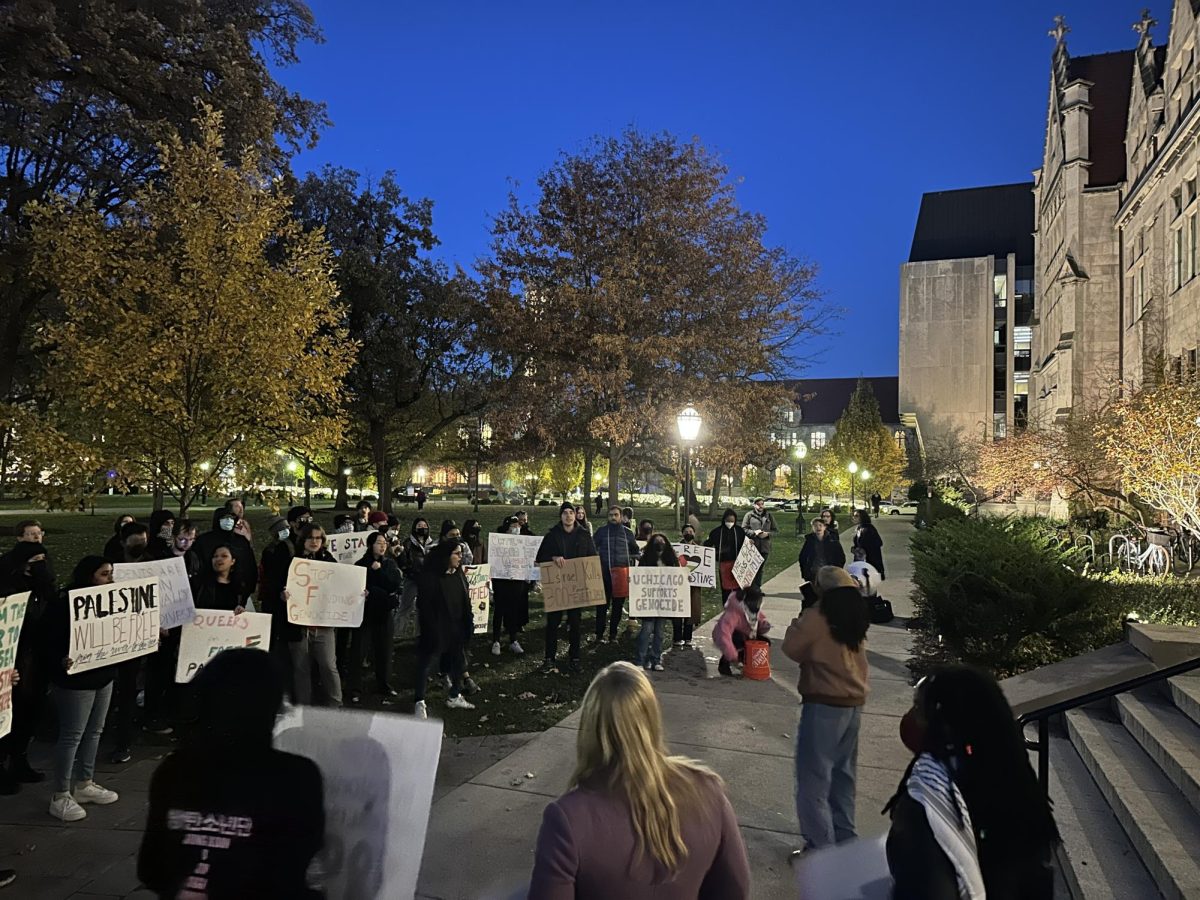Cigarette prices in Chicago have finally surpassed $6 per pack, and though there was no devastating tobacco deluge or Virginia Slims cartel, the notorious “sin tax” has invaded the private vices of Chicagoans once again, except this time with a combination of federal, county, and city taxes that have increased the cost of one pack by about $2.53.
The purpose of this excise tax is to simultaneously raise revenue and discourage smoking. Naturally, both are accomplished, yet it is questionable as to whether this tax is necessary, and why it is at all being advocated by a Democratic administration.
The problem is that cigarette taxes are dreadfully regressive, so that the tax rate remains constant no matter the income of the buyer. This means that on top of the fact that poor, urban, Democratic-voting smokers smoke more (and thus have a harder time quitting) than any other socioeconomic group, they are also spending the greatest percentage of their income on their cigarettes. Once again, this is a law created by Cook County, which besides being one of the most outspokenly Democratic counties in the U.S. has only voted for a Republican presidential candidate once in about half a century, -Nixon in 1972. Why would this county ever support a non-Democratic tax that benefits the upper and middle classes?
The defense is that the money helps to fund government programs. Evidently the working class is forced to rely upon ill-defined government spending as opposed to its own potential for parsimony and investment. Perhaps the people who are spending more of their allowance on their nicotine fix are the ones that could use a break.
The goods and services bought by the government with this money are allocated unnaturally, so that these goods and services are not used for free enterprise and exposed to market prices. “Those goods and services” says economist Milton Friedman, “not the pieces of paper that pay for them, are the real cost of government to the taxpayers.” It is the spending, not our empty pockets, that is the problem.
Basic economic theory states that an excise tax is meant to reduce supply of the taxed item (in this case, the “sinful product”) in the long run. If suppliers want to increase the price of their product, then supply must be reduced in order for price to increase. If the effect of Chicagoís tax really has anything to do with curbing use, it is hardly possible that a cigarette juggernaut like Phillip Morris would be deeply affected in their supply by a county tax increase. It is also doubtful that the company’s supply would be impacted by an individual’s decision not to smoke or find an alternate supplier on the internet or in neighboring counties.
So if the purpose of the tax is to generate more revenue, perhaps that revenue does need to be generated in the first place. Sin taxes claim to curb cigarette use, but they only generate revenue if the cigarettes are purchased. So shall we raise revenue and commit an alleged sin, or shall we detest this product and forgo this ostensibly important revenue increase? Perhaps, as philosopher Bernard de Mandeville once wrote, we can qualify our “private vices” and “public virtues,” so that we will not need the government allocating money and restricting the use of other goods and services.
It is no surprise that the government should tax us on an item that is so easy to label as a sinful indulgence, but to what extent will we allow ourselves to be parented on our morals?
Where does the government stop, and when can we take control of our own conscious choices to investigate critically and evaluate logically?









